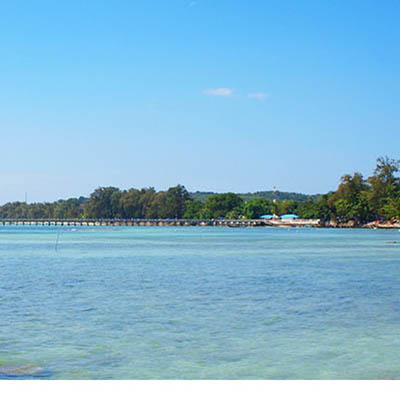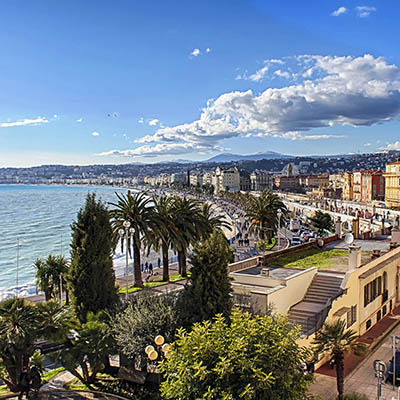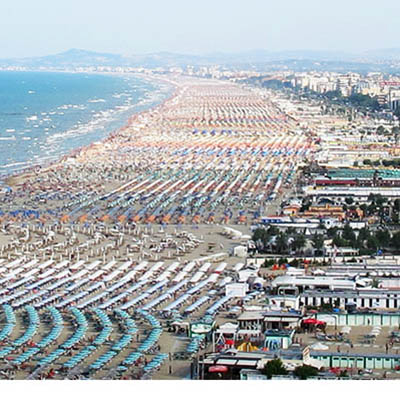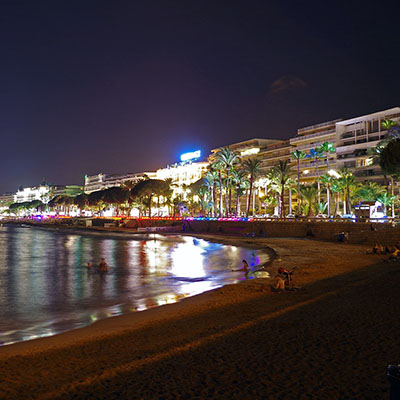
Fribourg Monthly Climate Averages
Fribourg is located in oceanic climate that can be described as high humidity and moderate seasonal temperature fluctuations warm summer and soft but windy winter.
To help you choose the best time to travel, you can find climate data below on the weather in Fribourg .
| Month | day |
night |
rain |
|
| January | +3.7 | +3.2 | 57 | 9.6h |
| February | +5.4 | -2.8 | 55 | 10.9h |
| March | +9.9 | +0.4 | 72 | 12.5h |
| April | +13.6 | +2.9 | 84 | 14.2h |
| May | +18.5 | +7.4 | 126 | 15.6h |
| June | +21.8 | +10.6 | 115 | 16.4h |
| July | +24.6 | +12.7 | 113 | 16h |
| August | +24.1 | +12.3 | 117 | 14.7h |
| September | +19.6 | +9 | 100 | 13h |
| October | +14.5 | +5.7 | 91 | 11.4h |
| November | +8 | +0.8 | 74 | 10h |
| December | +4.3 | -1.9 | 72 | 9.2h |
Best time with the soft weather for the sightseeing and long walks in Fribourg are May, June, July, August, September.
Temperature in Fribourg
The table shows that the hottest months in Fribourg are July and August, during which the average daytime temperature reaches +24.6°C and the nighttime temperature falls to +12.7°C.
The coldest months are January and December, when the daily average temperature falls to +3.7°C, and drops to +3.2°C during the night.
Most booked hotels in Fribourg
Best beach resorts :

Dubai
UAE

Venice
Italy

Barcelona
Spain

Cape Town
South Africa

Phuket
Thailand

Bangkok
Thailand
Most Popular Destinations in the World
Precipitation
The largest amount of precipitation falls on average in May and August, up to 126mm, and the least in February and January — up to 55mm.






